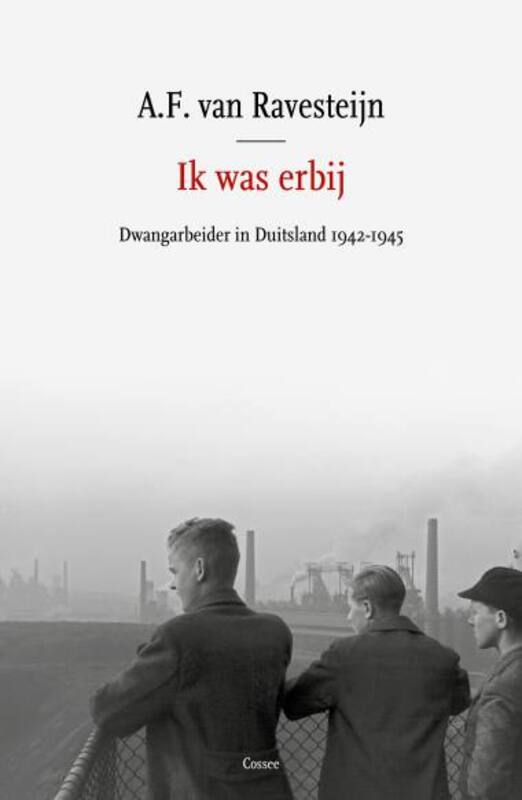
In the fall of 1942, A.F. van Ravesteijn, among thousands of other nineteen-year-olds, was sent to Nazi Germany to work. He means to go to Hamburg, but because of a bombing, he doesn’t get further than Recklinghausen, and they eventually force him to work at a labour camp in Buer. In the kitchen of the labour camp he meets the German girl Lotte. Her father gets him a paid job; he is to take note of the miners going underground. They soon notice his skill, and gradually he is given more responsibilities.
Between all the bombing and misery, there is one person he can always depend on, namely Lotte. They become engaged. But then Lotte needs to evacuate, and Van Ravesteijn meets Anneliese. Again he has to ask himself, is it a good idea, morally, to be in a relationship with a German girl when their countries are at war? All the while, inequality, fear of Allied bombings and famine increased. Van Ravesteijn tries to help where he can. But who can he trust? And who is he putting in grave danger? A unique insight into people’s everyday lives at the ‘homefront‘ in Nazi Germany during the last and most grim month of WW II.